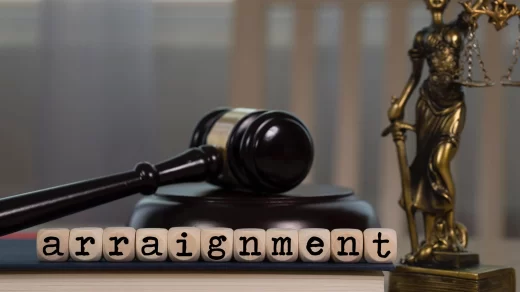The process of selecting diversion options in criminal cases is a crucial aspect of the legal system, providing an alternative to traditional prosecution methods.
Public Prosecutors play a pivotal role in this process, aiming to ensure that diversion conditions are fair, achievable, and proportionate to the circumstances of the offence.
This article explores the considerations and steps involved in selecting diversion options, emphasizing the need for reasonableness and thorough assessment.
Reasonableness, Achievability, and Proportionality
The cornerstone of diversion lies in the reasonableness of the conditions set by Public Prosecutors. These conditions must be not only fair but also achievable within a specified timeframe. Importantly, they should be proportionate to the circumstances of the offence, taking into account factors such as the nature of the charge, individual circumstances of the offender, and the perspectives of both the victim and the investigating officer.
Menu of Diversion Options
Public Prosecutors are often presented with a menu of diversion options, offering a range of alternatives to traditional prosecution. These options may include counseling, community service, or educational programs tailored to address the underlying issues that contributed to the offence.
The ability to choose from a diverse set of options allows for a more personalized and effective approach to rehabilitation.
Flexibility and Future Options
Prosecutors should remain vigilant and open to emerging diversion options. The legal landscape evolves, and new programs or methods may become available over time.
Staying informed about innovative approaches to diversion ensures that the justice system can adapt to the changing needs of both offenders and society.
Additional Information Requirements
Before finalizing diversion options, Public Prosecutors may need additional information. Seeking specialist and other reports can provide valuable insights into the offender’s circumstances and potential rehabilitation needs.
It is imperative that prosecutors are satisfied with the information at hand to make well-informed decisions.
Objective Criteria for Compensation
When determining compensation as part of diversion options, Public Prosecutors should rely on objective criteria where possible. This helps ensure consistency and fairness in the assessment process.
Objectivity in compensation determination contributes to the overall legitimacy of the diversion process.
Justification of Decisions
Public Prosecutors are obligated to justify all decisions regarding diversion. Transparency and accountability are fundamental in maintaining public trust in the justice system. A clear and reasoned justification for selecting specific diversion options reinforces the integrity of the process.
Conclusion
In the realm of criminal justice, the selection of diversion options by Public Prosecutors is a delicate balancing act. Striking the right balance between reasonableness, achievability, and proportionality, while considering a diverse menu of options and staying open to future possibilities, ensures a more effective and just approach to rehabilitation.
By seeking additional information when necessary, relying on objective criteria, and providing clear justifications for decisions, Public Prosecutors contribute to a fair and equitable criminal justice system that prioritizes rehabilitation over punitive measures.




